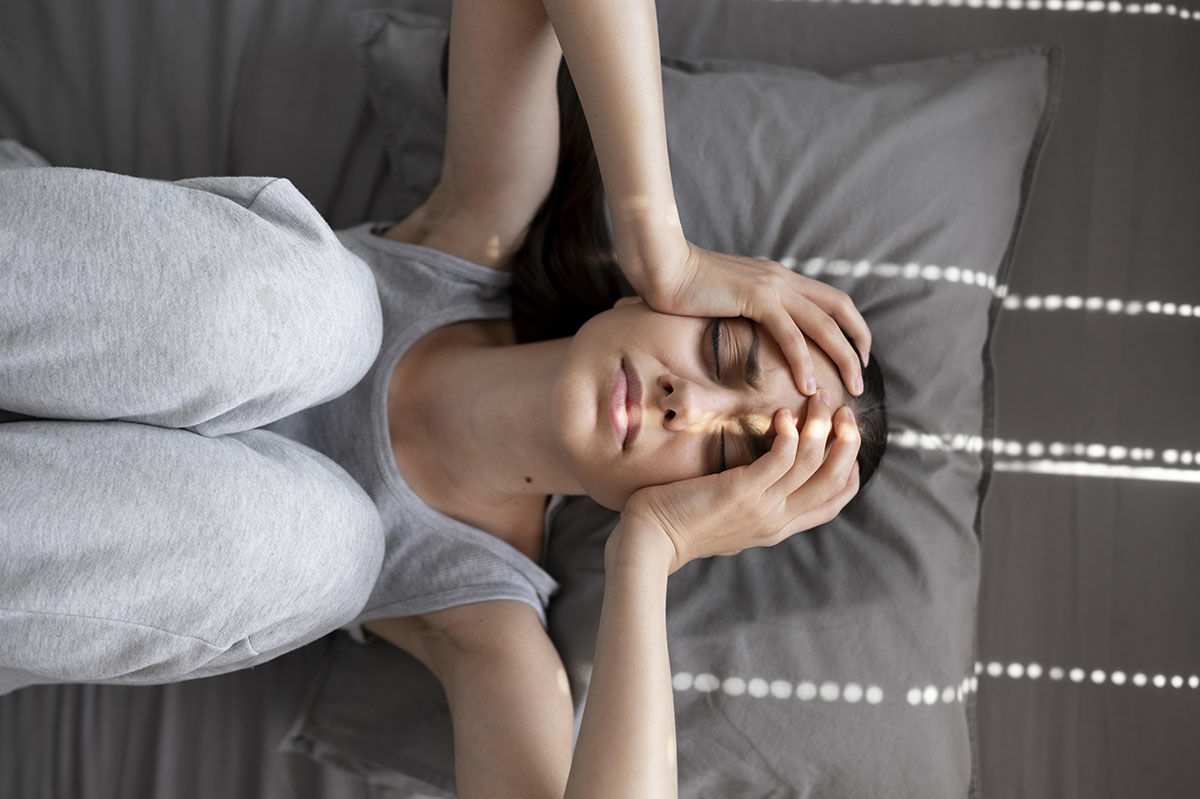
Photo Credit: Freepik.com
The Silent Culprits: Sleep Problems with Physiological Causes and Their Impact on Mental Health
In the previous blog about sleep and mental health, we discussed the impact that sleep has on various facets of our mental health.
While we often associate sleep problems with lifestyle factors or stress, it’s essential to recognize that physiological causes can also play a significant role in disrupting our sleep patterns. In this blog, we will explore how various physiological factors can lead to sleep issues and, in turn, impact our mental health.
The Impact Sleep Has on Mental Health
Sleep Apnea:
Sleep apnea is a common physiological sleep disorder characterized by interrupted breathing during sleep. It can result in fragmented sleep, leading to excessive daytime sleepiness and irritability. Over time, the cumulative effects of sleep apnea can contribute to mood disorders like depression and anxiety.
Restless Leg Syndrome (RLS):
RLS is a neurological condition that causes an uncontrollable urge to move the legs, often accompanied by uncomfortable sensations. This condition can make it challenging to fall asleep and stay asleep, ultimately affecting mood and cognitive function due to sleep disruption.
Chronic Pain:
Chronic pain conditions, such as arthritis or fibromyalgia, can make it difficult to find a comfortable sleeping position. This constant discomfort can lead to insomnia and contribute to conditions like depression and anxiety.
Neurological Disorders:
Conditions like Parkinson’s disease and multiple sclerosis can disrupt sleep patterns due to motor symptoms and neuropathic pain. Poor sleep quality in these cases can exacerbate symptoms of the underlying neurological disorder and contribute to mental health issues.
Hormonal Imbalances:
Hormonal changes, such as those that occur during menopause or with thyroid disorders, can affect sleep quality. Sleep disturbances caused by hormonal imbalances can contribute to mood swings, irritability, and cognitive impairment.
Medications:
Certain medications, including some antidepressants, antipsychotics, and stimulants, can have side effects that disrupt sleep. Paradoxically, these medications, which are often prescribed to improve mental health, can lead to sleep problems that impact overall well-being.
Chronic Illness:
Individuals with chronic illnesses like cancer, heart disease, or diabetes may experience sleep problems due to pain, discomfort, or treatment-related side effects. Poor sleep can worsen the emotional toll of living with a chronic condition.
Solutions and Coping Strategies:
It’s crucial to address the physiological causes of sleep problems and manage them effectively. Depending on the underlying issue, treatments may include medication, physical therapy, lifestyle changes, or adjusting the timing of medication to minimize sleep disruptions. Additionally, developing good sleep hygiene practices can help mitigate the impact on mental health.
Quick Overview:
Sleep problems with physiological causes can take a toll on mental health by disrupting sleep patterns, increasing stress, and contributing to mood disorders. Recognizing the connection between these factors is essential for finding effective solutions. If you’re experiencing sleep problems related to physiological causes, consult with a healthcare professional to develop a tailored treatment plan that addresses both your physical and mental well-being.
– Urveez Kakalia.
